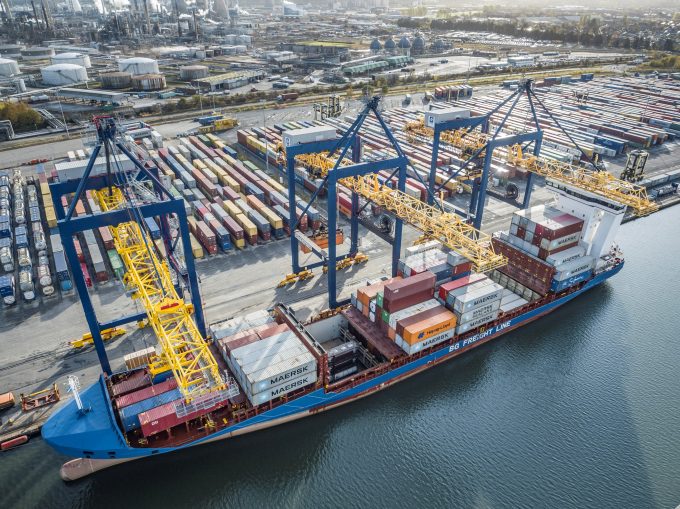Good start for Gemini, liner schedule reliability data reveals
New data from liner analysts at Sea-Intelligence Consulting has confirmed early schedule reliability figures for ...

High levels of congestion at major container gateways have led to declining direct port calls by mainline Asia-North Europe vessels, and increased the likelihood that the UK could become a feeder market.
Over the past few months, the ranks of deepsea vessels omitting direct calls and unloading UK-bound cargo at north-west continental Europe gateways have swelled, leaving UK forwarders scrambling to find ways to retrieve customers’ cargo.
This has led some to lament that the country would be relegated to feeder-only status.
However, this may not necessarily be a negative development, according ...
Amazon pushes into LTL for small package fulfilment and UPS does a u-turn
New senior management for DSV as it readies for DB Schenker takeover
Volumes set to 'fall off a cliff' as US firms hit the brakes on sourcing and bookings
Temporary tariff relief brings on early transpacific peak season
'Tariff madness' will prompt renegotiation of ocean shipping contracts
Response to tariffs by Chinese importers may see extra costs for US shippers
Forwarders 'allowing the fox into the chicken run' by supporting 'hungry' carriers
FedEx and UPS add 'China fee' ahead of the end of de minimis

Comment on this article